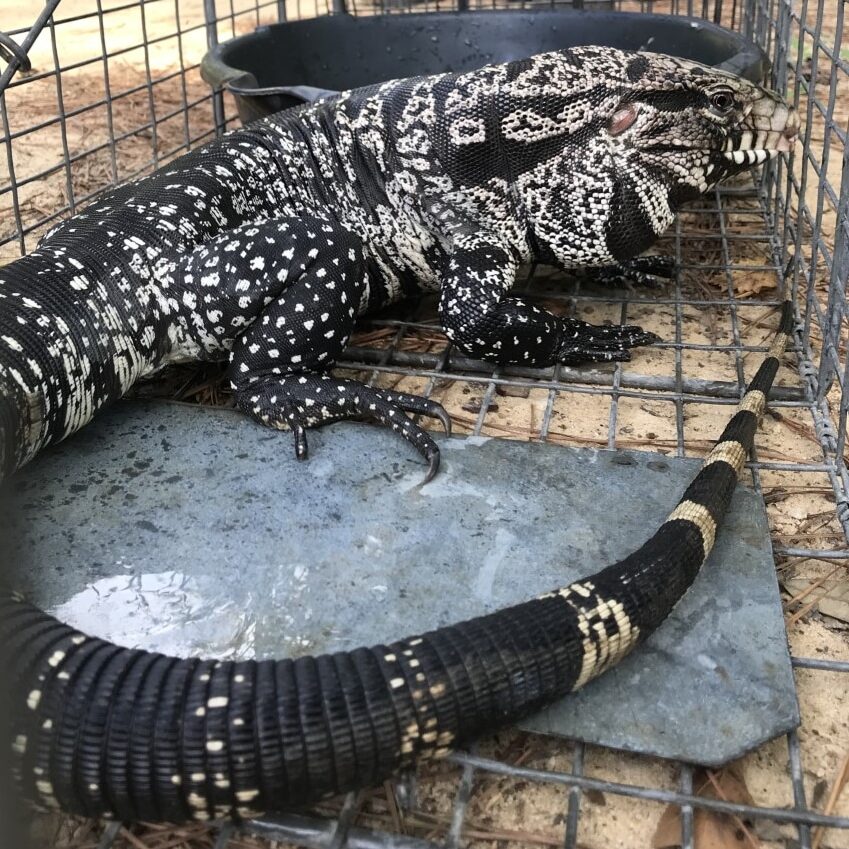As Georgia children begin a new school year and some take on new social media habits, Georgia officials want to make sure parents are aware of a growing form of sexual exploitation of children known as sextortion.
Sextortion occurs when an adult predator coerces or entices a child to produce a sexually explicit image and send it over the Internet. The predator will often use that image to extort the child to produce more sexually explicit images under threats of sending that image to friends and parents. The young victims often report feeling that there was no way out and that they were going to get into trouble.
The U.S. Attorney for the Middle District of Georgia, Charles Peeler, and the Special Agent in Charge of Georgia’s Internet Crimes Against Children Task Force, Debbie Garner, are warning parents and educators about this growing cyber-crime against children and offer some ways to prevent it.
In May, a convicted, registered sex offender living in Oregon was sentenced to 210-months in federal prison in the Middle District of Georgia for Coercion and Enticement of a Minor after posing as a teenager and sextorting a 15-year old girl living on Fort Benning, a military installation in Columbus.
According to prosecutors, the defendant, 24-year-old Colby Ray Cochran, also admitted to interacting with other children online across the country, requesting nude photos from them and threatening to expose their nude images if they refused to send more. At the time of his offense, Mr. Cochran was on probation for a sex crime, was active on the sex offender registry and was prohibited from possessing and using internet-capable devices.
You can read more about this case, and how the victim’s mother discovered the threats against her child and reported it to law enforcement, by visiting https://www.justice.gov/usao-mdga/pr/210-months-prison-sentence-oregon-sex-offender-caught-luring-threatening-young-columbus.
“Sextortion is a rapidly growing, insidious cyber-crime targeting children. Parents are the first line of defense against these predators,” said U.S. Attorney Charlie Peeler. “I promise that the U.S. Attorney’s Office will do its part and prosecute child predators to the fullest extent of the law. But, we need parents and guardians to educate themselves and the children in their care about the threats online, take the proper precautions to protect their families, and report suspected crimes to the authorities. Sextortion causes grave and lasting harm to young victims. Together, we can protect vulnerable children from evil, manipulative predators.”
“Those who sextort often manipulate and subsequently continually taunt vulnerable child victims, sometimes for years. It is one of the most disturbing and monstrous crimes we investigate,” said Debbie Garner, the Special Agent in Charge of ICAC. “The actions of someone who sextorts a child can often trigger a range of negative outcomes for and emotions in that child including hopelessness, fear, and severe anxiety and depression. The Georgia Bureau of Investigation and the Georgia Internet Crimes Against Children Task Force will continue to work aggressively to find and stop those that prey on our children in this manner.”
The Georgia Internet Crimes Against Children Task Force suggests several tips for parents when it comes to a child’s online use and access:
- Teach your child not to friend or follow anyone on social media they do not personally know.
- Teach your child not to talk to anyone online that they do not personally know.
- Know what your child is doing online and educate yourself. If your child has an Instagram or Snapchat account, then you as the parent need an Instagram or Snapchat account and you must know how to use these accounts. Be educated about what your child is doing online, who they are following, and who they are talking to on social media.
If you suspect your child is in trouble online, talk to your child. Then, report inappropriate or illegal contact to local law enforcement.
Parents can also contact the National Center for Missing and Exploited Children at www.missingkids.com or 1-800-THE-LOST. The Georgia-based incident reports will be directed to investigators with the Georgia Bureau of Investigations.
There is no stereotypical predator. Many children are victimized be people they know, even online. Teach children to trust their instincts. Parents and guardians can learn more by visiting www.thorn.org/sextortion and www.netsmartz.org.
Child crime prosecutions in the Middle District of Georgia are part of Project Safe Childhood, a nationwide Department of Justice initiative to combat the growing epidemic of child sexual exploitation and abuse.
Disclosure: This article may contain affiliate links, meaning we could earn a commission if you make a purchase through these links.






